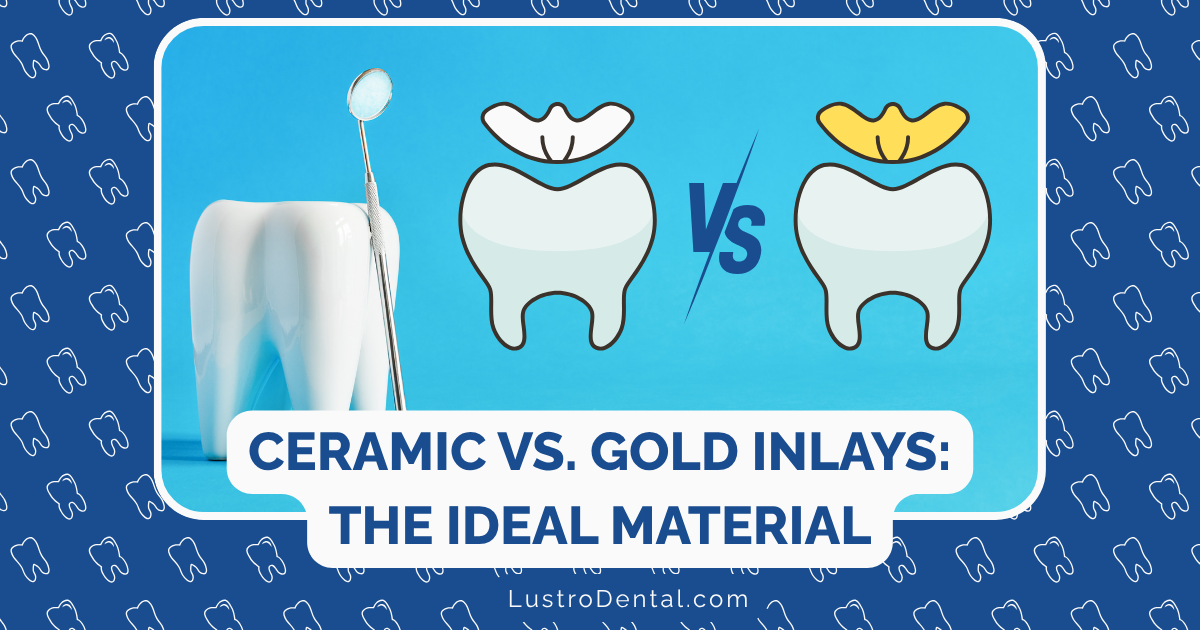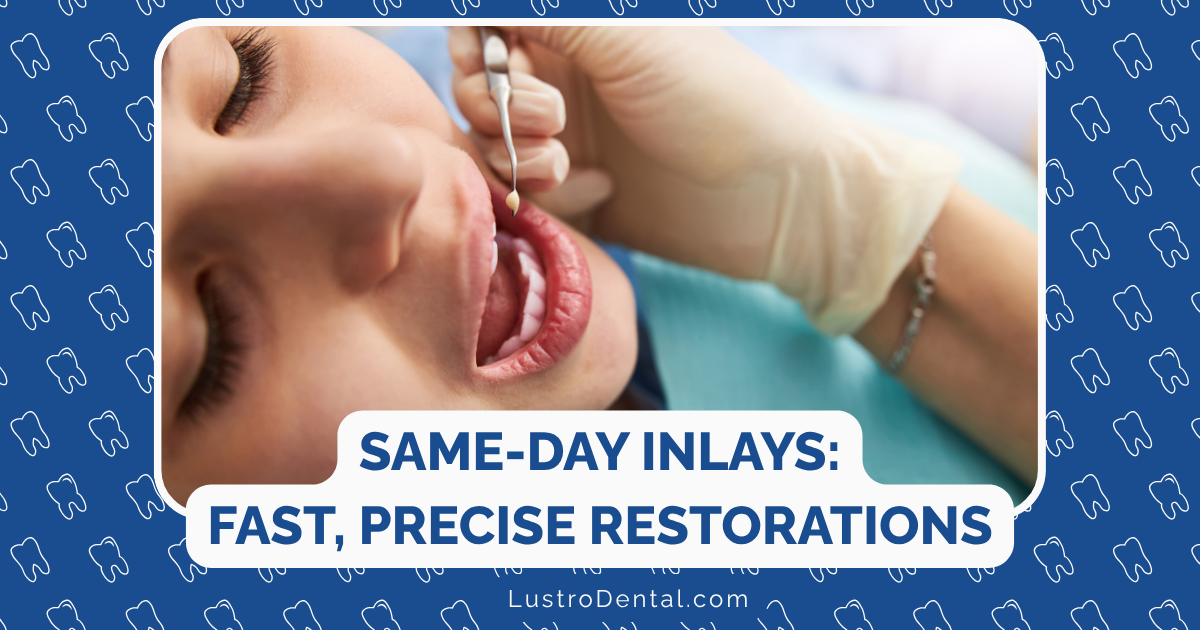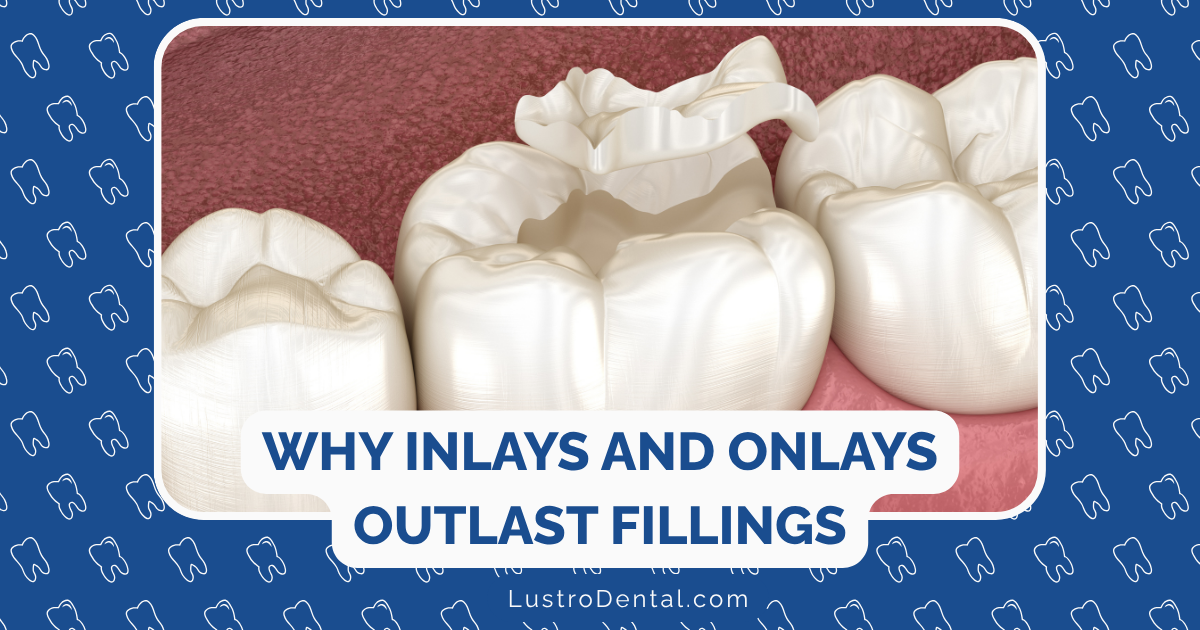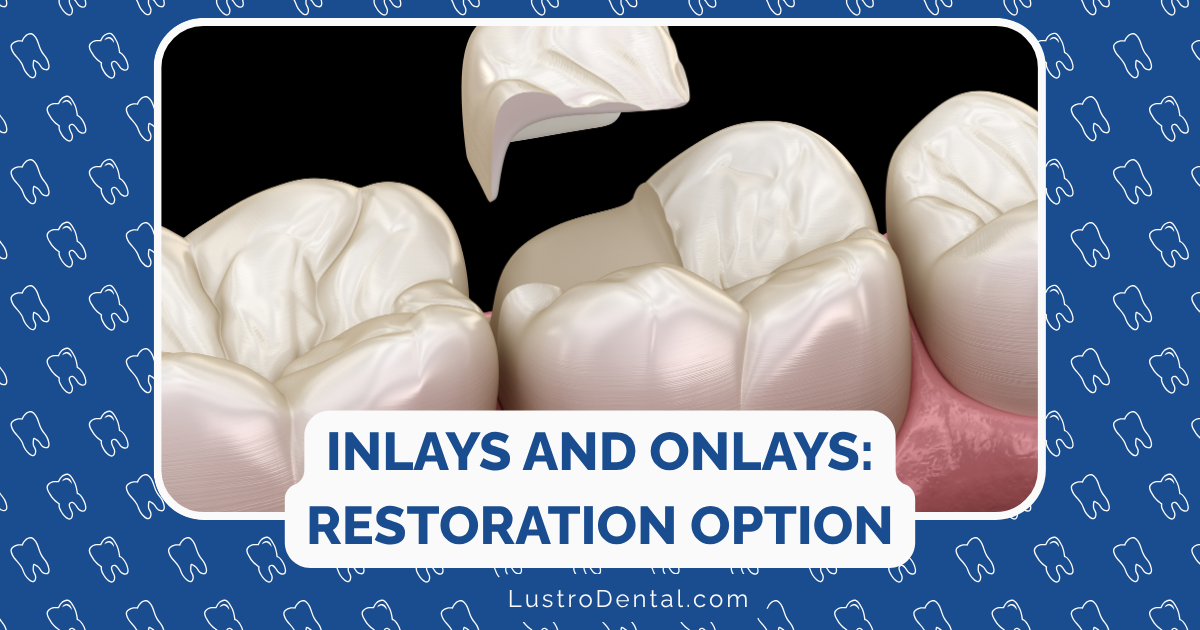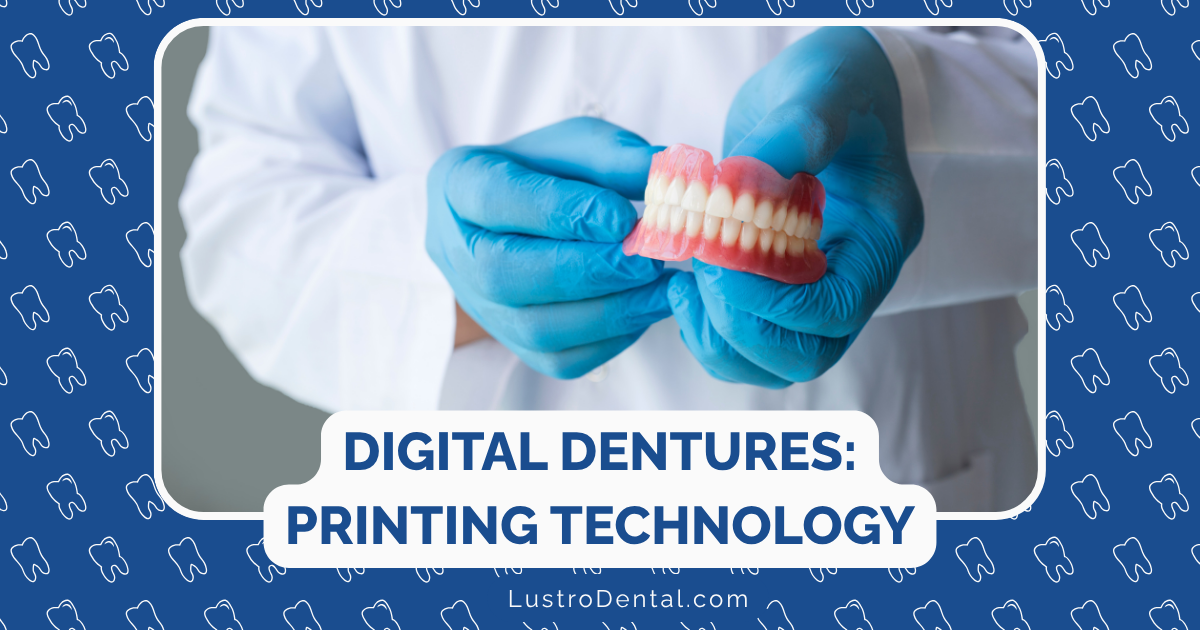Dental Implant Costs Explained: Breaking Down the Investment
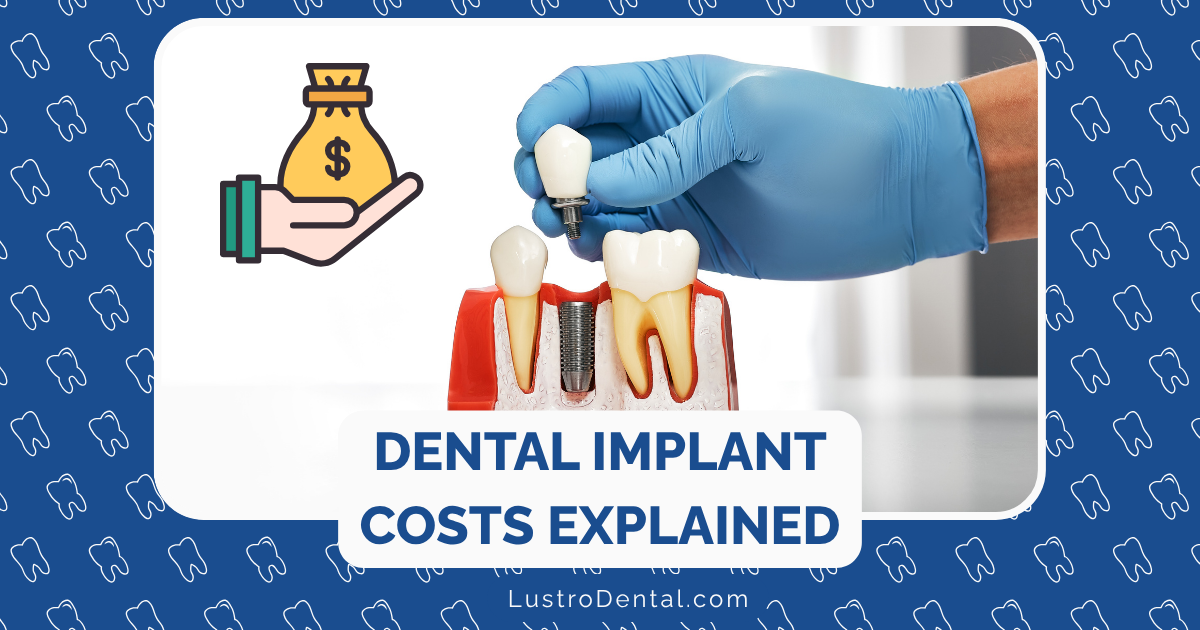
If you’re considering dental implants to replace missing teeth, you’ve likely discovered that they represent a significant financial investment. While the upfront cost may cause initial sticker shock, understanding exactly what you’re paying for—and the long-term value implants provide—can help you make an informed decision about this life-changing dental treatment.
As someone who’s helped many patients navigate the financial aspects of dental care, I believe transparency about costs is essential. In this comprehensive guide, I’ll break down the real costs of dental implants in 2025, explain the factors that influence pricing, explore payment options, and help you understand why implants—despite their higher initial cost—often represent the best long-term value for tooth replacement.
The Real Cost of Dental Implants in 2025: By the Numbers
Let’s start with the bottom line—what can you expect to pay for dental implants this year? While costs vary based on numerous factors (which we’ll explore in detail), here are the current national averages:
Single Tooth Implant
Average total cost: $3,000-$5,800
This typically includes:
- Implant fixture (the titanium post): $1,000-$3,000
- Abutment (connector piece): $300-$500
- Crown (the visible tooth): $800-$3,000
- Basic surgical fees and standard follow-up care
Multiple Tooth Implants
Average cost for 2-3 teeth: $6,000-$10,000+
For replacing several adjacent teeth, options include:
- Individual implants for each tooth
- An implant-supported bridge (typically using two implants to support three teeth)
Full Arch Replacement
Traditional approach (6-8 implants per arch): $20,000-$45,000 per arch
All-on-4® or similar (4-6 implants supporting a full arch): $24,000-$50,000 per arch
Full mouth reconstruction (both arches): $40,000-$80,000
Dr. Sarah Johnson, a prosthodontist at the American College of Prosthodontists, notes: “While these figures represent national averages, I always emphasize to patients that costs can vary significantly based on their specific case, the practice location, and the expertise of their provider.”
What’s Included in the Price? Understanding the Complete Package
A dental implant is not a single product but rather a complete treatment system involving multiple components and procedures. Here’s what’s typically included in the quoted price:
1. Pre-Surgical Planning
- Initial consultation and comprehensive examination
- Diagnostic imaging (X-rays, CT scans)
- Treatment planning and surgical guides
- Pre-operative appointments
2. Surgical Phase
- Anesthesia and sedation
- Implant placement surgery
- Surgical materials and supplies
- Immediate post-operative care
3. Restoration Phase
- Abutment placement
- Custom-designed crown, bridge, or denture
- Final adjustments and bite alignment
- Initial follow-up appointments
According to the American Academy of Implant Dentistry, these components represent the standard package for implant treatment. However, it’s crucial to confirm exactly what’s included in any quote you receive, as some practices may itemize these differently.
Additional Costs to Consider: Beyond the Basic Implant
Many patients require supplementary procedures that can significantly impact the total investment:
Tooth Extraction
Average cost: $150-$350 per tooth (simple extraction) Surgical extraction: $250-$500 per tooth
If you still have damaged teeth in the implant site, they’ll need to be removed before implant placement.
Bone Grafting
Average cost: $300-$3,000 (depending on extent and material used)
Necessary when there isn’t sufficient bone volume to support an implant. The cost varies based on:
- Amount of bone needed
- Source of grafting material (synthetic, cadaver, or your own bone)
- Complexity of the procedure
Sinus Lift
Average cost: $1,500-$5,000
Required for upper jaw implants when there isn’t enough bone height between the jaw and sinus cavity.
Soft Tissue (Gum) Grafts
Average cost: $700-$1,500 per site
Sometimes needed to ensure adequate gum tissue around the implant for aesthetics and health.
CT Scans and 3D Imaging
Average cost: $300-$500
Advanced imaging beyond standard X-rays is often essential for precise implant planning.
Dr. Michael Chen, an oral surgeon, explains: “These additional procedures aren’t merely optional extras—they’re often essential for creating the proper foundation for successful implants. Without them, the long-term success of the implant could be compromised.”
7 Key Factors That Influence Dental Implant Costs
Understanding what drives pricing can help you evaluate quotes and make informed decisions:
1. Geographic Location
Dental implant costs vary significantly based on region:
- High-cost areas (NYC, San Francisco, Boston): Single implants typically range from $4,000-$6,500
- Moderate-cost areas (Chicago, Dallas, Miami): $3,000-$5,500
- Lower-cost areas (smaller cities, rural locations): $2,800-$4,500
This variation reflects differences in overhead costs, local competition, and regional economic factors.
2. Dentist’s Expertise and Credentials
Specialists (oral surgeons, periodontists, prosthodontists) typically charge more than general dentists, but bring specialized training and experience. According to the Journal of the American Dental Association, implant success rates are correlated with provider experience and specialized training.
3. Materials and Technology Used
Premium options that may increase costs include:
- Zirconia implants (vs. standard titanium): +$500-$1,000 per implant
- Custom-milled abutments (vs. stock): +$300-$500
- Advanced ceramic crowns: +$200-$700
- Computer-guided surgery: +$500-$2,000
4. Type of Implant System
Different manufacturers offer varying price points:
- Premium systems (Nobel Biocare, Straumann): Higher cost but extensive research backing
- Mid-range options (Zimmer, BioHorizons): Balance of cost and documented success
- Economy systems: Lower upfront cost but potentially less research validation
5. Complexity of Your Case
Factors that increase complexity and cost include:
- Limited bone volume
- Challenging aesthetic areas (front teeth)
- Existing periodontal disease
- Medical conditions requiring special protocols
- Need for multiple preparatory procedures
6. Type of Sedation Used
- Local anesthesia only: Minimal additional cost
- Nitrous oxide: $100-$150 per session
- Oral conscious sedation: $250-$500
- IV sedation: $500-$1,000
- General anesthesia: $600-$2,000
7. Practice Overhead and Business Model
Practices with luxurious facilities, the latest technology, and extensive support staff typically charge more than no-frills clinics. However, these amenities often translate to a more comfortable patient experience and access to advanced treatment options.
Financing Your Dental Implants: Making the Investment Manageable
Few patients pay for implant treatment entirely out-of-pocket. Here are the primary ways to manage the investment:
Dental Insurance
While traditional dental insurance often provides limited coverage for implants, this is changing:
- More plans now include some implant coverage, typically 50% up to an annual maximum
- Annual maximums usually range from $1,000-$2,000
- Waiting periods of 6-12 months are common for major procedures
- Some plans cover the restoration (crown) but not the implant itself
According to the National Association of Dental Plans, approximately 23% of dental plans now offer some form of implant coverage, up from just 10% a decade ago.
Health Savings Accounts (HSAs) and Flexible Spending Accounts (FSAs)
These tax-advantaged accounts can significantly reduce your effective cost:
- HSAs allow you to set aside pre-tax dollars for qualified medical expenses, including dental implants
- FSAs offer similar tax advantages but typically require you to use the funds within the calendar year
- Using these accounts can effectively save you 20-30% based on your tax bracket
Third-Party Financing
Several options make payments more manageable:
- CareCredit: Medical-specific credit card offering 6-24 month no-interest financing for qualified applicants
- Lending Club Patient Solutions: Fixed-rate loans specifically for healthcare
- Proceed Finance: Specializes in dental financing with terms up to 96 months
- Personal loans: From traditional banks or online lenders
In-House Payment Plans
Many practices offer their own financing options:
- Monthly payment plans (typically 6-24 months)
- In-house membership plans that include discounts on treatment
- Pre-payment discounts (typically 5-10%)
Dr. Lisa Rodriguez, a financial coordinator at a dental implant center, advises: “Don’t be afraid to discuss financial concerns with your provider. Many practices are willing to work with you to create a payment solution that fits your budget while still delivering the care you need.”
Cost Comparison: Dental Implants vs. Alternative Solutions
To truly understand the value proposition of dental implants, it’s helpful to compare them with other tooth replacement options:
Traditional Bridges
Initial cost: $2,000-$5,000 for a three-unit bridge Lifespan: 7-15 years Replacement frequency: Typically 2-3 times over 20 years Additional costs: Potential damage to adjacent teeth, increased risk of decay 20-year cost estimate: $6,000-$15,000+
Removable Partial Dentures
Initial cost: $1,500-$3,000 Lifespan: 5-7 years Replacement frequency: 3-4 times over 20 years Additional costs: Adjustments, repairs, potential bone loss 20-year cost estimate: $4,500-$12,000+
Complete Dentures
Initial cost: $1,500-$6,000 per arch Lifespan: 5-10 years Replacement frequency: 2-4 times over 20 years Additional costs: Adhesives, relines, repairs, accelerated bone loss 20-year cost estimate: $3,000-$24,000+
Dental Implants
Initial cost: $3,000-$5,800 per tooth Lifespan: 20+ years to lifetime with proper care Replacement frequency: Crown may need replacement after 10-15 years Additional costs: Occasional adjustments, potential abutment replacement 20-year cost estimate: $3,500-$7,000 per tooth
A 2024 study in the Journal of Prosthetic Dentistry found that while implants have a higher initial cost, their longer lifespan and reduced maintenance needs often make them more economical over a 15+ year period compared to traditional options.
Understanding the Value: Why Dental Implants Are Worth Considering Despite the Cost
The true value of dental implants extends far beyond the financial investment:
Functional Benefits
- Chewing efficiency: Implants restore nearly 100% of natural chewing ability, compared to 50-60% with dentures
- Speech improvement: Fixed teeth allow for clearer speech without the slipping or clicking of removable options
- Comfort: No adhesives, no removal for cleaning, no pressure on gums
Health Benefits
- Bone preservation: Implants stimulate the jawbone, preventing the bone loss that occurs with other tooth replacement options
- Protection of adjacent teeth: Unlike bridges, implants don’t require grinding down neighboring teeth
- Improved nutrition: Better chewing ability allows for a more varied, nutritious diet
- Oral hygiene: Easier to clean around implants than bridges or dentures
Psychological Benefits
- Confidence: Fixed teeth that look and feel natural
- Self-esteem: No embarrassment from dentures slipping or clicking
- Quality of life: Studies consistently show improved quality of life with implant-supported teeth
Long-Term Value
- Durability: With proper care, the implant fixture itself can last a lifetime
- Stability: Less ongoing maintenance than other options
- Predictability: 95%+ success rates over 10+ years
Dr. Robert Garcia, a prosthodontist with 20 years of experience, observes: “When patients focus solely on the initial cost, they miss the bigger picture. Implants aren’t just about replacing a tooth—they’re about restoring function, preserving bone, and improving quality of life for decades to come.”
Red Flags: When “Affordable” Implants May Cost More in the Long Run
While seeking value is important, be wary of deals that seem too good to be true:
Warning Signs of Potentially Problematic “Budget” Options
- Dramatically lower prices than regional averages (30%+ less)
- “Same-day” implants without proper planning or diagnostics
- One-size-fits-all treatment plans that don’t address your specific needs
- Limited or no warranty on the implant or restoration
- Unclear credentials or limited experience with implant procedures
- Outdated technology or generic implant systems with limited research backing
Dr. James Wilson, an implant specialist, cautions: “I’ve seen many patients who initially chose the lowest-cost option, only to end up spending significantly more to correct problems or completely redo the work. Quality implant treatment isn’t inexpensive, but cutting corners often leads to greater costs—both financial and health-related—down the road.”
Questions to Ask About Costs Before Proceeding with Treatment
To ensure you understand exactly what you’re investing in, ask your provider these key questions:
- What’s included in the quoted fee? (Implant, abutment, crown, all appointments?)
- What additional procedures might I need, and what would they cost?
- Are there any potential complications that could increase the cost?
- What type of implant system will be used, and why?
- What warranties or guarantees do you offer?
- What ongoing maintenance costs should I anticipate?
- What financing options do you provide or recommend?
- Do you offer phased treatment to spread costs over time?
Real Patient Perspectives: The Investment in Their Words
Sometimes hearing from others who’ve been through the process provides valuable perspective:
“I initially balked at the $4,200 cost for my implant, but five years later, I’ve had zero issues while my husband has had to replace his bridge twice at $3,000 each time. My ‘expensive’ option turned out to be the better value.” — Sarah, 58
“I chose to finance my All-on-4 treatment over 60 months. The $450 monthly payment seemed high at first, but when I realized I was investing in something I use every day, multiple times a day, it put things in perspective. My only regret is not doing it sooner.” — Michael, 62
“After getting quotes ranging from $2,800 to $5,500 for the same implant, I learned to ask exactly what was included. The lowest quote didn’t include the crown or necessary bone graft, while the highest included everything plus IV sedation. The middle option ended up being the best value for my situation.” — Jennifer, 45
Conclusion: Making an Informed Investment Decision
Dental implants represent a significant financial commitment—there’s no denying that fact. However, when viewed as a long-term investment in your health, function, and quality of life, they often provide the greatest value among tooth replacement options.
By understanding the true costs involved, the factors that influence pricing, and the various ways to manage the investment, you can make an informed decision that balances your budget with your oral health needs.
Remember that the “best” option isn’t always the least expensive upfront, nor is it necessarily the most costly. The right choice is the one that provides quality care at a fair price, delivered by a qualified provider who stands behind their work.
If you’re considering dental implants, take the time to research providers, get multiple opinions and quotes, ask detailed questions about what’s included, and explore all available financing options. This due diligence will help ensure that your investment yields the best possible returns in terms of comfort, function, aesthetics, and long-term oral health.
Have you had dental implants or are you considering them? We’d love to hear about your experience with the financial aspects of treatment in the comments below!



